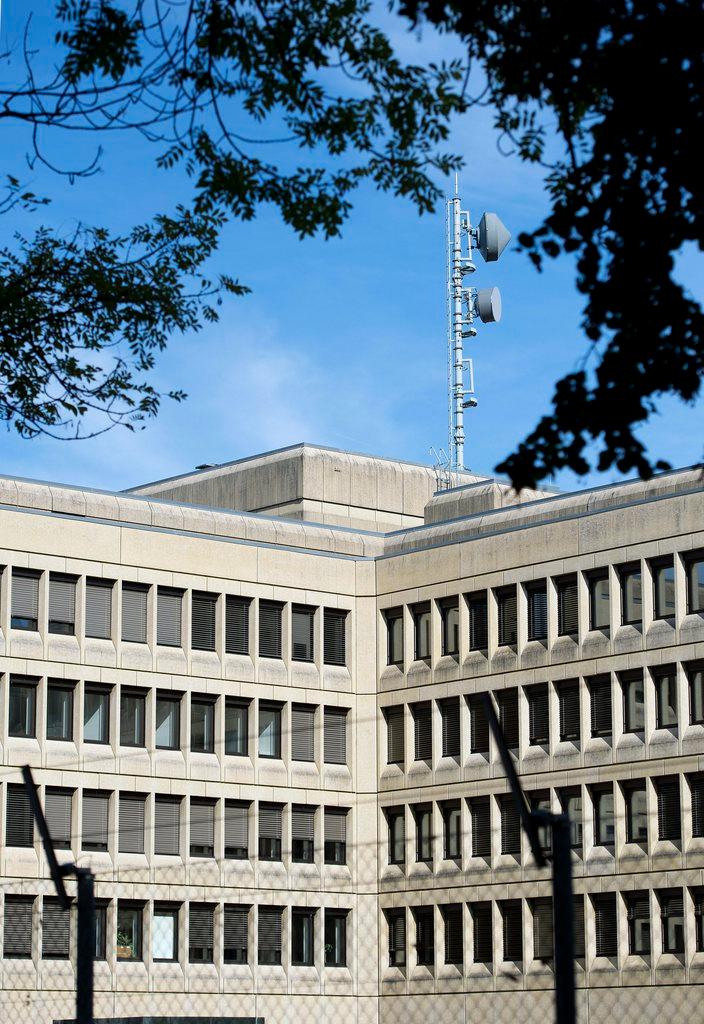
Swiss secret service worried about Russian cyber operations

The Federal Intelligence Service (FIS) is concerned that Russia could use Swiss servers as part of campaigns to destabilise western democracies, according to a newspaper report.
An internal FIS document, seen by the SonntagsBlick, says a direct attempt to influence Swiss parliamentary elections next year is unlikely. However, it is “likely that future Russian cyber-attacks on other western elections could use Swiss-based servers”.
Russian meddling in western electoral processes, a source of concern for years, is not going to abate in the wake of the Ukraine invasion, the report says. “To do this, [Moscow] will continue to use a tailored mix of disinformation, cyber-attacks, the instrumentalisation of individuals, groups and institutions, and probably also new strategies”.
Even if these strategies don’t always directly influence the outcome of an election, they can manage to “partially delegitimise democratic processes and thus the ‘western’ liberal democratic model”, the FIS writes.
The use of Swiss-based servers for such operations would also amount to an undermining of Swiss sovereignty, the secret service says.

More
Spying game: what does the Swiss intelligence service do?
Espionage hub
The SonntagsBlick suggests that while Switzerland would not be alone in being used as a base for such operations, it might be fallible given that – unlike many European states – it has not expelled Russian diplomats since the onset of the war.
Green Party parliamentarian Gerhard Andrey told the paper the FIS should consider rejecting Russian officials who have arrived after being expelled from other EU states, and who are suspected of being involved in such campaigns. As “an attractive location for traditional espionage, something which also applies in the digital sphere”, Switzerland should adapt its priorities to focus on defending against spies, Andrey said.
The FIS did not comment specifically on the report. A spokeswoman did however tell the SonntagsBlick that “Switzerland, as a European nation and as part of the western community, is a target of anti-western influence campaigns promoting the Russian narrative”.

In compliance with the JTI standards
More: SWI swissinfo.ch certified by the Journalism Trust Initiative





























You can find an overview of ongoing debates with our journalists here . Please join us!
If you want to start a conversation about a topic raised in this article or want to report factual errors, email us at english@swissinfo.ch.